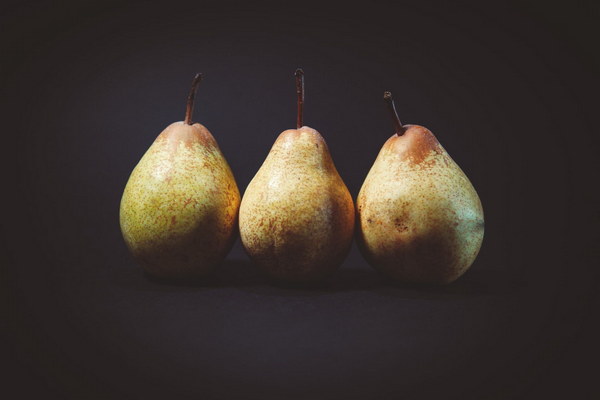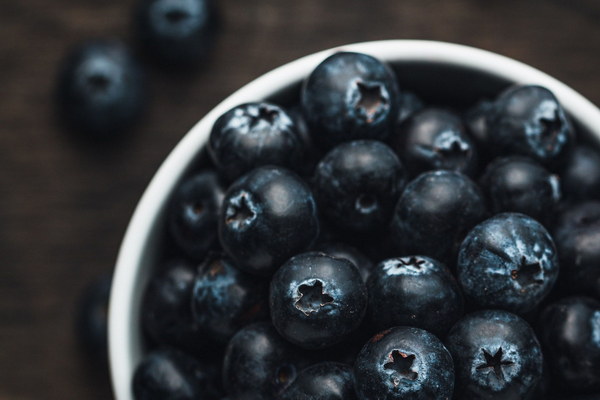Unlocking the Lung-Cleansing Power of Bitter Gourds A Traditional Remedy for Modern Health
In the realm of traditional medicine, natural remedies have always been cherished for their ability to heal and rejuvenate the body. One such remedy that has gained attention in recent years is the use of bitter gourds, or Momordica charantia, to cleanse the lungs. This ancient practice, known as boiling bitter gourds in water, is believed to have numerous health benefits, particularly for respiratory health. In this article, we will explore the origins of this remedy, its benefits, and how to prepare this lung-cleansing potion.
The Bitter Gourd: A Potent Herb with a Rich History
Bitter gourds have been used in traditional medicine for centuries, particularly in Asian countries such as China, India, and Thailand. The plant is valued for its medicinal properties, which are attributed to its high content of vitamins, minerals, and antioxidants. These compounds include momordicin, charantin, and vicine, which are thought to contribute to the herb's therapeutic effects.
In Chinese medicine, bitter gourds are considered to have cooling and detoxifying properties. They are often used to treat a range of ailments, from fever and diabetes to skin conditions. The use of bitter gourds for lung cleansing is believed to have originated from these traditional practices, where the herb's ability to expel toxins and purify the body was recognized.
The Lung-Cleansing Benefits of Bitter Gourds
The primary benefit of using bitter gourds to cleanse the lungs is their ability to expel mucus and toxins that may accumulate in the respiratory system. Here are some of the key benefits associated with this practice:
1. Mucus Reduction: Bitter gourds are known to have diuretic and expectorant properties, which can help to reduce mucus production and clear the lungs. This can be particularly beneficial for individuals suffering from respiratory conditions such as bronchitis, asthma, and chronic obstructive pulmonary disease (COPD).
2. Detoxification: By purging the body of toxins, bitter gourds can help to improve overall respiratory health. This can lead to increased energy levels and a greater sense of well-being.
3. Antioxidant Protection: The high concentration of antioxidants in bitter gourds can help to combat free radicals and reduce inflammation in the lungs, which may contribute to the development of respiratory diseases.
4. Immune System Support: The herb's immune-boosting properties can help to prevent respiratory infections and support overall immune health.
How to Prepare Bitter Gourd Water for Lung Cleansing
To prepare a lung-cleansing potion using bitter gourds, follow these simple steps:
1. Select fresh, ripe bitter gourds. They should be firm to the touch and have a glossy, unblemished skin.
2. Wash the bitter gourds thoroughly to remove any dirt or pesticides.
3. Cut the bitter gourds in half and scoop out the seeds using a spoon.
4. Slice the flesh into thin, bite-sized pieces.
5. In a large pot, bring 4 cups of water to a boil.
6. Add the sliced bitter gourds to the boiling water and let it simmer for 20-30 minutes.
7. Strain the mixture to remove the solid parts, leaving behind the liquid.

8. Allow the water to cool before drinking.
For maximum benefit, drink the bitter gourd water twice a day, on an empty stomach. It is recommended to continue this practice for at least a month to experience the full effects.
Conclusion
The use of bitter gourds to cleanse the lungs is a time-honored tradition that continues to be celebrated for its potential health benefits. While scientific research is still limited, the herb's historical use and anecdotal evidence suggest that it may be a valuable addition to a healthy lifestyle. Incorporating this lung-cleansing potion into your routine could provide relief for respiratory issues and promote overall well-being.









